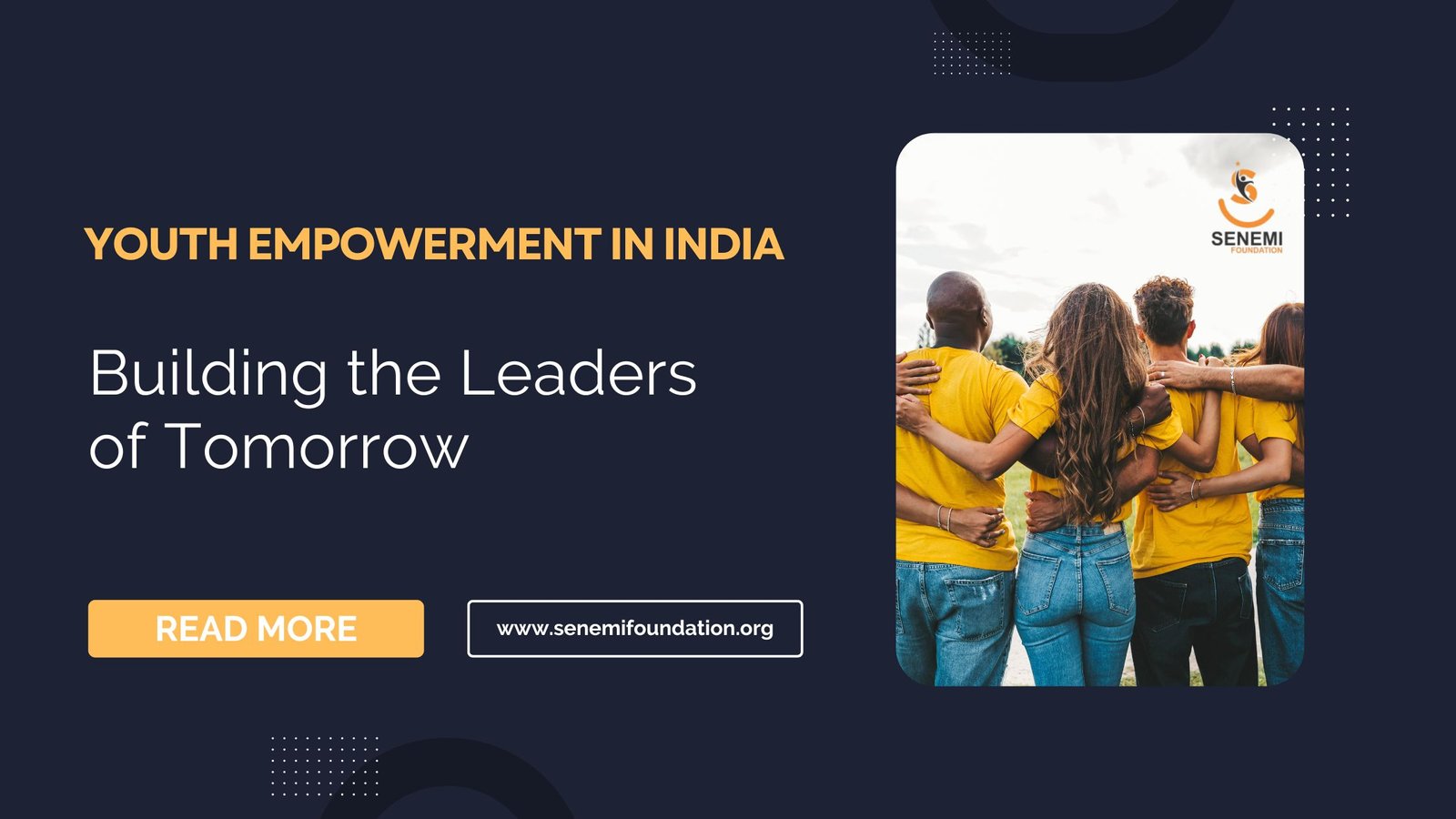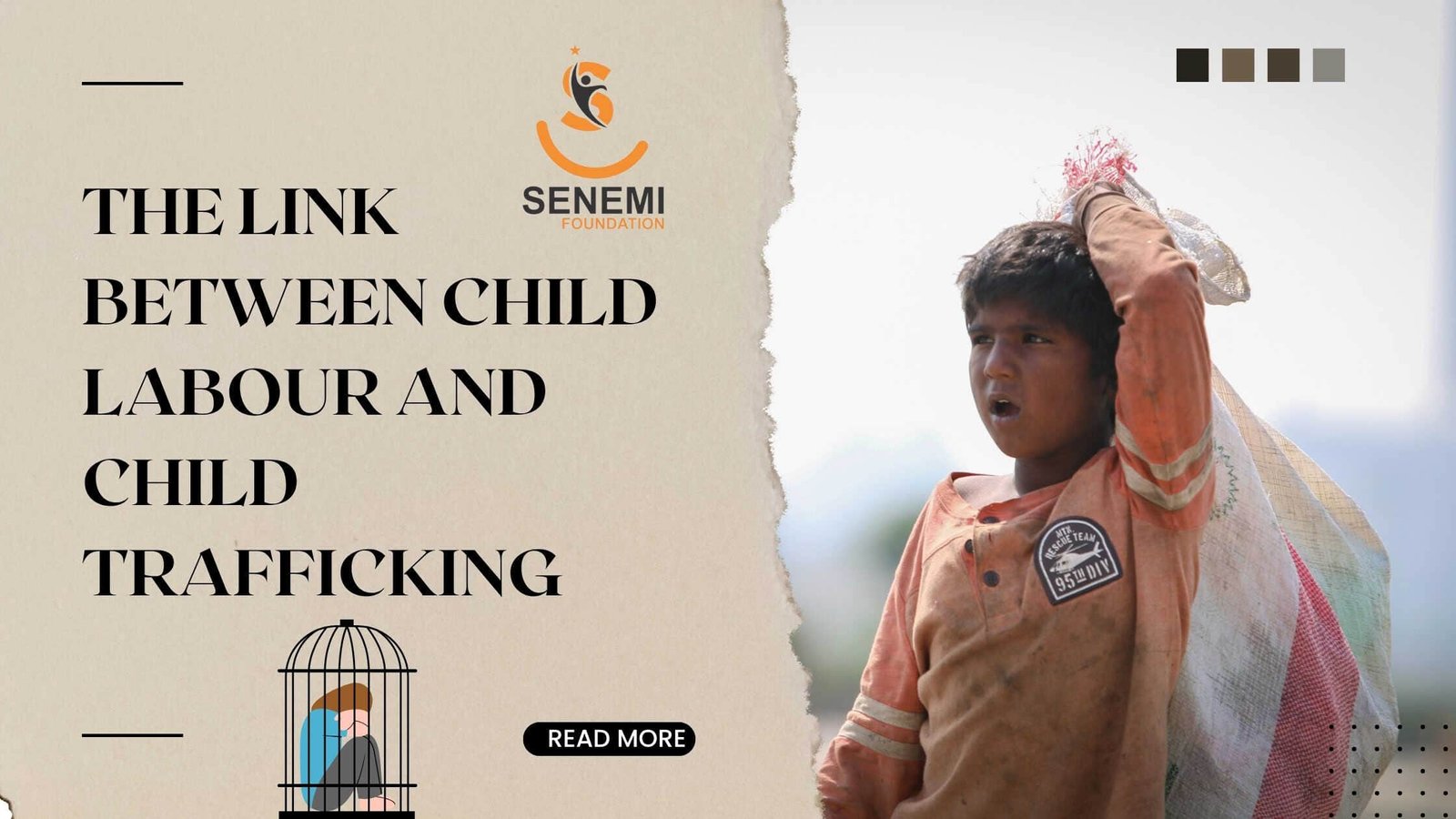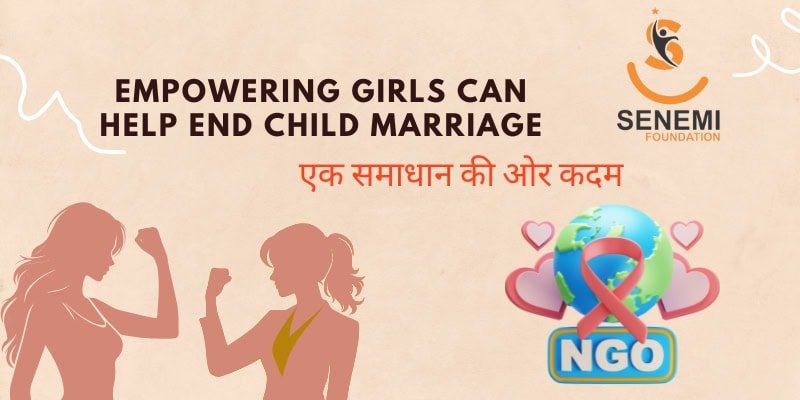
The word “empowerment” signifies giving power, authority, and confidence to individuals so they can make decisions and take control of their lives. When this empowerment is directed toward youth, it becomes a transformative force capable of reshaping a nation’s destiny. Youth empowerment is not just a concept; it is a necessity for a nation like India — a country where more than 65% of the population is below the age of 35. Empowering young people means unlocking India’s most powerful resource: its human potential.
This blog explores what youth empowerment truly means, the status of youth empowerment in India, the role of youth empowerment foundations, and how various youth organizations in India are creating an impact.
 Ragini
Ragini









